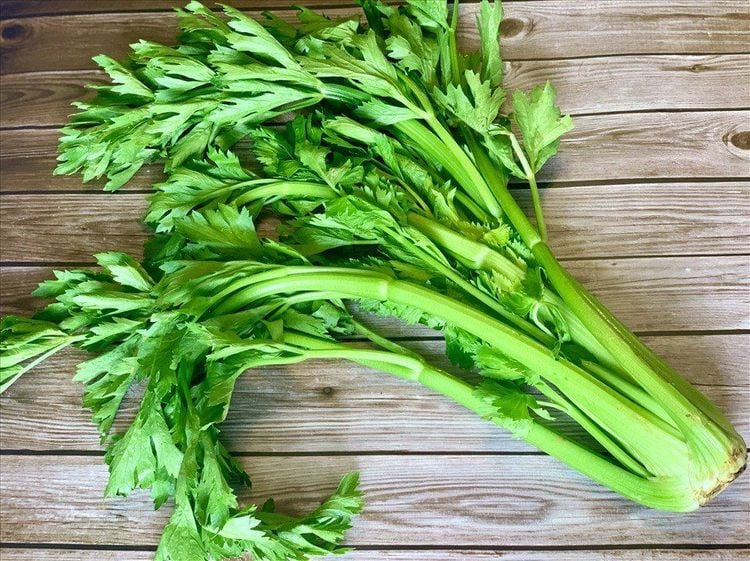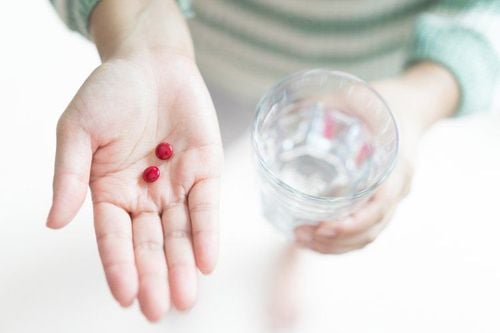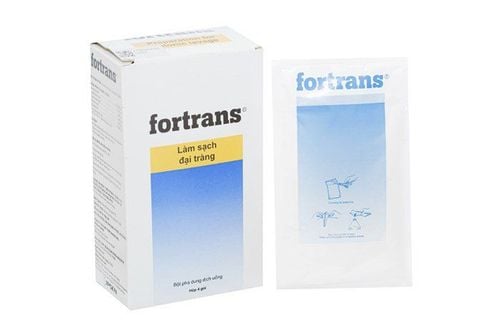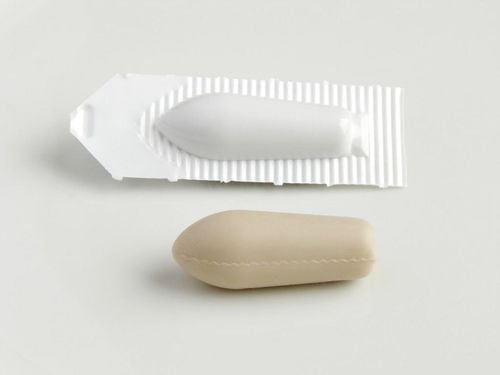When the body holds too much water, it can cause swelling in places like the face, legs, hands, and feet. To prevent this, you can use diuretics, either from a doctor or natural remedies, and follow a healthy lifestyle.
1. What are diuretics?
Diuretics are medications or substances that increase urine production, helping the body eliminate excess water and sodium.
When the body cannot properly remove excess fluids, it can lead to water retention, causing swelling in areas like the hands, feet, ankles, or legs. In some cases, this condition may indicate more serious health issues such as heart failure or kidney disease.
Mild water retention can also occur due to hormonal changes, menstrual irregularities, or prolonged inactivity.
If water retention becomes severe, you should see a doctor for proper diagnosis and treatment. In many cases, doctors prescribe diuretics to help regulate fluid levels in the body.
Prescription diuretics are often used to manage fluid retention in the following conditions:
- Congestive heart failure;
- High blood pressure;
- Kidney dysfunction;
- Kidney stones;
- Cirrhosis;
- Tissue swelling (e.g., swelling in the legs or feet);
- Diabetes;
- Polycystic ovary syndrome (PCOS).
Prescription diuretics can cause some unwanted side effects, such as: Muscle cramps; Fatigue; Headaches; Skin rashes; Dizziness or lightheadedness. If you experience any of these side effects, consult your doctor for advice and possible adjustments to your treatment.

2. Types of Natural Diuretics
For mild water retention not linked to serious medical conditions, natural remedies like herbs or supplements with diuretic properties can help. However, always consult your doctor before use, especially if you are taking other medications, to avoid allergies or interactions.
Here are some natural diuretics that can help reduce water retention:
2.1. Dandelion extract
Dandelion extract, scientifically known as Taraxacum officinale and often called "lion's tooth," is a popular herbal supplement used as a natural diuretic.
Dandelion is rich in potassium, which promotes increased water and sodium excretion by the kidneys. This makes it beneficial for reducing water retention, especially since modern diets are often low in potassium and high in sodium, increasing the risk of water buildup.
Research suggests that dandelion supplements can increase urine output within 5 hours of consumption.
2.2. Hawthorn
Hawthorn is a strong natural diuretic that reduces fluid buildup and is beneficial for managing congestive heart failure symptoms. It promotes urine production and helps ease kidney-related problems.
Hawthorn can be taken as a supplement or brewed into tea for convenience.
2.3 Horsetail
Horsetail is a herbal diuretic that works like some prescription diuretics but has fewer side effects. It is available in capsule or tea form.
Research shows that horsetail is as effective as common diuretics like hydrochlorothiazide. However, it’s not recommended for long-term use and is unsuitable for people with conditions like diabetes or kidney disease.
2.4. Juniper Berry
Juniper berry has been used for centuries as a natural diuretic. Studies show that it increases urine production effectively.
Unlike some medications, juniper berry doesn’t lower potassium levels. You can add it to your diet to reduce water retention while enhancing the flavor of dishes.
2.5. Green Tea and Black Tea
Both green and black teas contain caffeine, which acts as a natural diuretic. Studies suggest these teas help increase urine production.
Drinking a cup of tea can aid in flushing out excess fluid and reducing water retention.
2.6. Parsley
Parsley is an effective natural diuretic widely used in traditional medicine. It can be made into tea and consumed multiple times a day to help the body release excess water and reduce swelling.
2.7. Hibiscus
Hibiscus is known for its bright flowers and is often made into herbal teas like hibiscus or roselle tea.
Hibiscus tea has mild diuretic effects and is known to support kidney function by improving filtration. It may also help lower high blood pressure in people with hypertension.

2.8. Watermelon
Watermelon is a fruit with cooling properties and a sweet taste, which helps reduce body heat, alleviate heat rashes, and act as a natural diuretic. Research shows that consuming watermelon can help the body eliminate up to half of the water intake, thereby preventing water retention and swelling in the legs, arms, and face.
However, it's best to avoid eating too much watermelon at night because it can lead to frequent urination during sleep, which can disturb your rest. This is especially true for children who may experience bedwetting.
2.9. Grapes
Grapes are rich in water and potassium, which makes them effective at helping the body expel excess fluids. They also assist in detoxification and support blood cell regeneration. By adding grapes to your daily diet, you can help reduce swelling caused by water retention and improve urination frequency.
2.10. Berries
Berries such as blueberries, strawberries, and raspberries are natural diuretics and can help promote urination. These fruits also contain compounds that are beneficial for preventing urinary tract infections (UTIs).
Regularly eating berries in various forms, such as in jams, sauces, or desserts, can help support the body's fluid balance.
2.11. Celery
Celery is a vegetable commonly used in daily meals, which has strong diuretic properties. It helps eliminate toxins from the body and can be particularly beneficial in managing kidney stones. Celery juice is also used to support kidney health by promoting urination.
2.12. Asparagus
Asparagus is rich in nutrients and has multiple health benefits, including being a natural diuretic. It helps the body expel excess sodium and fluid, which is important in preventing kidney stones and swelling.
Asparagus can be prepared in many ways, such as stir-frying with lean meats like chicken or pork, or sautéing with garlic.
2.13. Garlic
Garlic is a widely used spice that not only enhances the flavor of meals but also possesses potent diuretic effects.
Research shows that garlic contains a variety of active compounds that offer numerous health benefits, including the prevention and treatment of various conditions like high blood pressure and infections. Each garlic clove contains around 400 bioactive compounds that support overall well-being.

2.14. Bell Peppers
Bell peppers are a nutritious food that can help your body get rid of extra fluids. Eating them regularly can encourage the production of urine, which helps remove excess water from your body. Bell peppers are also rich in vitamin A, which is important for maintaining good vision.
2.15. Lettuce
Lettuce is a leafy green vegetable with many health benefits, including helping the body get rid of extra water, preventing urinary tract infections, and promoting wound healing.
To get the most benefit from lettuce, it's best to eat it when it's fresh and in season. Avoid eating wilted lettuce because it loses some of its nutrients.
3. Other ways to reduce water retention
Besides taking prescription or natural diuretics, you can reduce water retention in your body by following these methods:
- Exercise: Regular physical activity helps your body get rid of extra fluids by improving blood flow and causing you to sweat more.
- Increase magnesium intake: Magnesium helps balance the fluids in your body and is especially helpful for women with premenstrual syndrome (PMS).
- Eat foods rich in potassium: Foods that are high in potassium help balance sodium levels, reduce water retention, and increase urine production.
- Stay hydrated: Drinking enough water is important because dehydration can actually make your body hold onto more water.
- Limit salt intake: Eating too much salt cancause your body to retain more water, leading to swelling in areas like your feet, hands, and face.
To arrange an appointment, please call HOTLINE or make your reservation directly HERE. You may also download the MyVinmec app to schedule appointments faster and manage your reservations more conveniently.
Reference source: healthline.com













